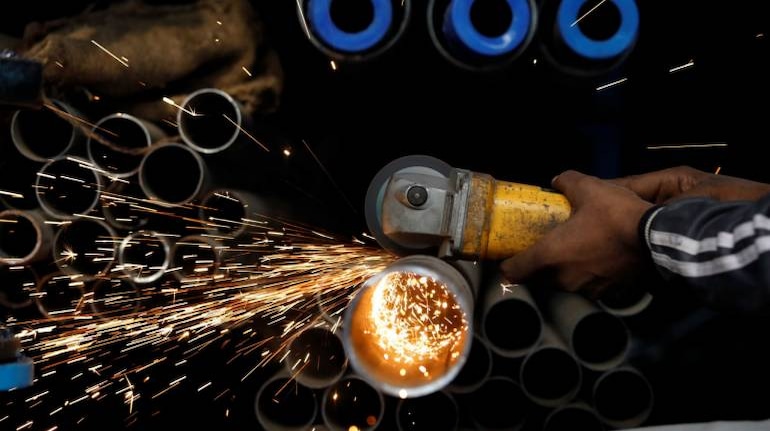



The Indian economy is expected to contract by 4 percent in FY21, and then grow by 5 percent in FY22 as economic activity normalises gradually, the Asian Development Bank said on June 18.
"Growth in Indian GDP slowed to 3.1 percent in the last quarter of FY20, its slowest since early 2003," the report said.
Economic growth slowed to 4.2 percent in the whole of FY20 as both exports and investment started to contract. High-frequency indicators such as purchasing managers’ indexes fell to all-time lows in April, reflecting the bleak outlook, the report said.
"Migrant workers have gone home to their villages after losing their jobs in the cities and will be slow to return even after containment measures are relaxed," the report said.
Also Read | Fitch Ratings revises India’s outlook to negative, affirms IDR at 'BBB-'
In its inflation projections, the report said In India, fuel prices softened in May 2020, but food inflation stayed elevated that month at 7.4 percent year on year as supply faltered.
"As food supply disruption is expected to ease from Q2 of FY21, inflation projections are unchanged at 3.0 percent for FY21 but revised up marginally to 4.0% for FY22 on accelerating demand," the report said.
The projections come on the same day Fitch Ratings revised its outlook on India's long-term foreign currency issuer default rating (IDR) to negative from stable and affirmed the rating at 'BBB-'. It expects economic activity to slump by 5 percent in FY21 due to lockdown imposed to curb the spread of Covid-19.
The Reserve Bank of India (RBI) in May had projected a gloomy picture of the economy, saying the impact of COVID-19 is more severe than anticipated and the GDP growth during 2020-21 is likely to remain in the negative territory.
However, RBI has not given any number to the projected contraction of the Indian economy.
The World Bank this month projected India's economy would shrink by 3.2 percent in the current fiscal due to the coronavirus pandemic.
Various other international rating agencies like Moody's Investors Service and S&P Global Ratings have all predicted a 4-5 per cent contraction in India's economic growth rate during April 2020 to March 2021 fiscal.
Crisil has said this would be the country's fourth recession since Independence, first since liberalisation, and perhaps, the worst till date.
Follow our coverage of the coronavirus crisis here
Discover the latest Business News, Sensex, and Nifty updates. Obtain Personal Finance insights, tax queries, and expert opinions on Moneycontrol or download the Moneycontrol App to stay updated!
Find the best of Al News in one place, specially curated for you every weekend.
Stay on top of the latest tech trends and biggest startup news.